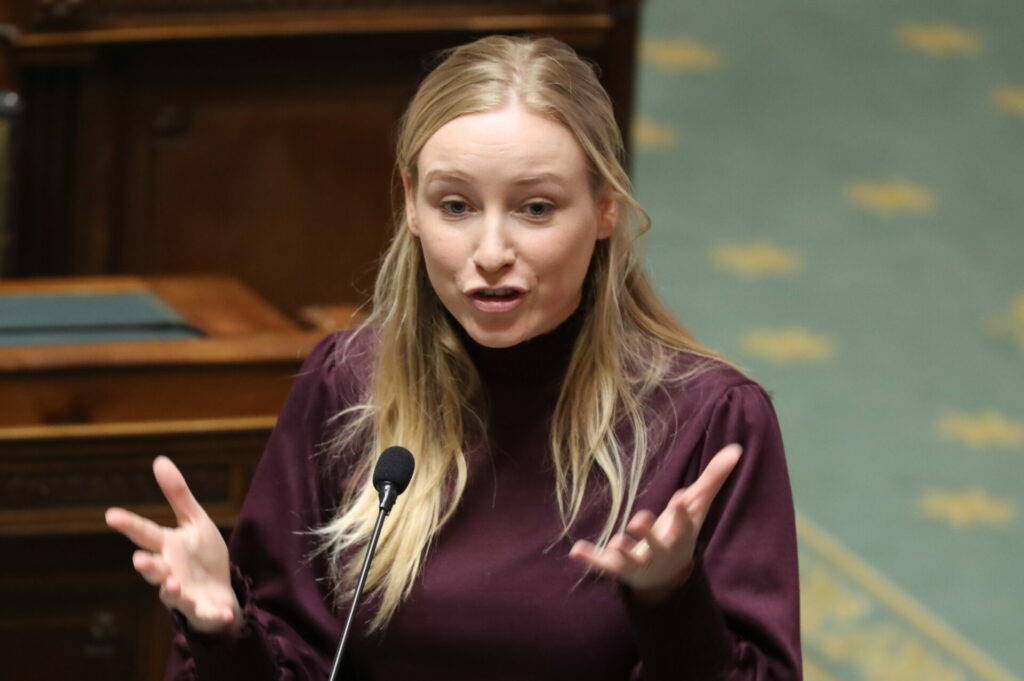Flanders' leading social democratic party Vooruit wants to protect Belgian consumers against growing "greedflation" – the tendency for companies to boost profits during inflationary periods through unnecessary price hikes.
"A lot of big companies are abusing inflation to make their prices rise abnormally," said Vooruit MP Melissa Depraetere, in comments that were reported by Belga News Agency. "Their hunger for profit now determines prices. That is unacceptable."
"Multinationals can raise their prices sharply because they have a monopoly and sell indispensable products. Everyone needs food, energy, and a bank account. Supermarkets, energy companies, and banks benefit greatly from this," she added.
According to the latest data published by Statbel, Belgium's official statistics office, Belgium's inflation rate last month was 5.60%: more than four-and-a-half times greater than it was in April 2021.
Soaring prices have led to an unprecedented cost of living crisis among Belgian citizens. One recent study found that 57% of Belgians view their financial situation as "significantly worse" than in 2021, while one in eight have recently turned to friends and family members in order to make ends meet.
'Good for our prosperity'
Depraetere outlined three concrete proposals issued by her party which, she claimed, would protect Belgian consumers against companies' unwarranted price hikes as well as other nefarious activities.
The first would require that the Price Observatory (Prijzenobservatorium) - a federal body tasked with analysing price changes as well as broader market forces - would be given the power to, under certain conditions, intervene in the Belgian economy by setting maximum prices and limits on profit margins.
The second recommendation involves a structural surplus tax on the "usurious profits" of large businesses, defined as a return on companies' total assets of more than 8%.
Related News
- A welcome decline: Inflation falls in Belgium
- New study paints stark picture of Belgium's growing economic despair
And the third proposal would aim to break the near-monopoly power of large companies by, among other things, demanding a ban on the charging of ancillary fees by banks, insurance companies, and notaries.
"Our proposals put an end to the omnipotence of big business and put the interest of the consumer back in first place," Depraetere said. "This is good for people's purchasing power, good for our companies and SMEs [small and medium-sized enterprises] and good for our prosperity."

